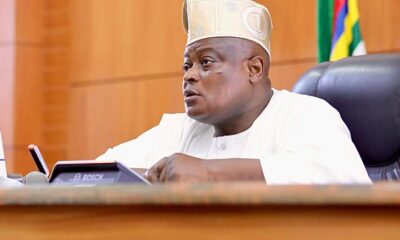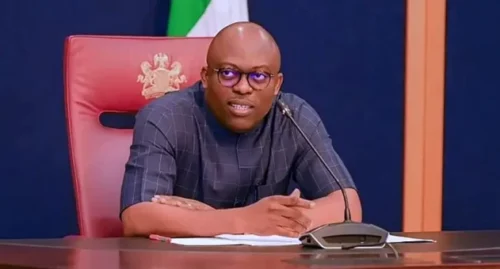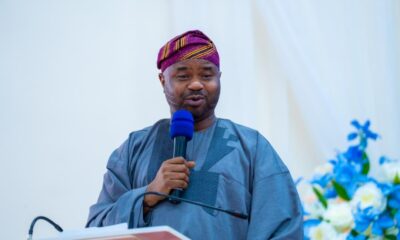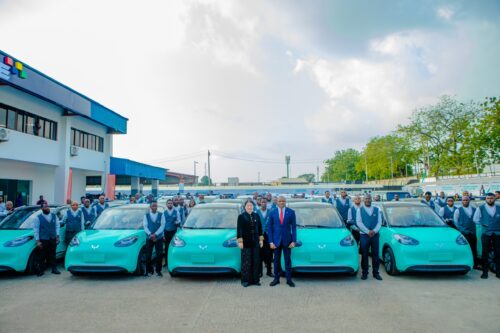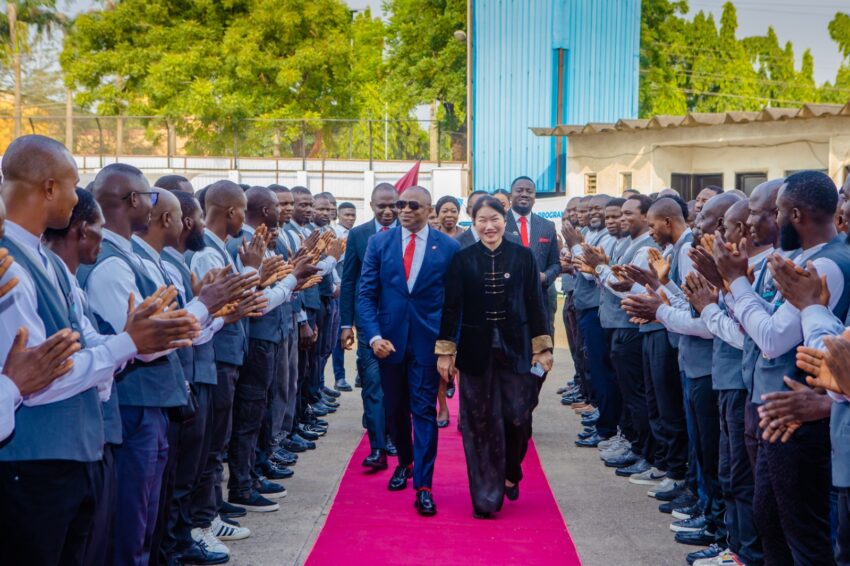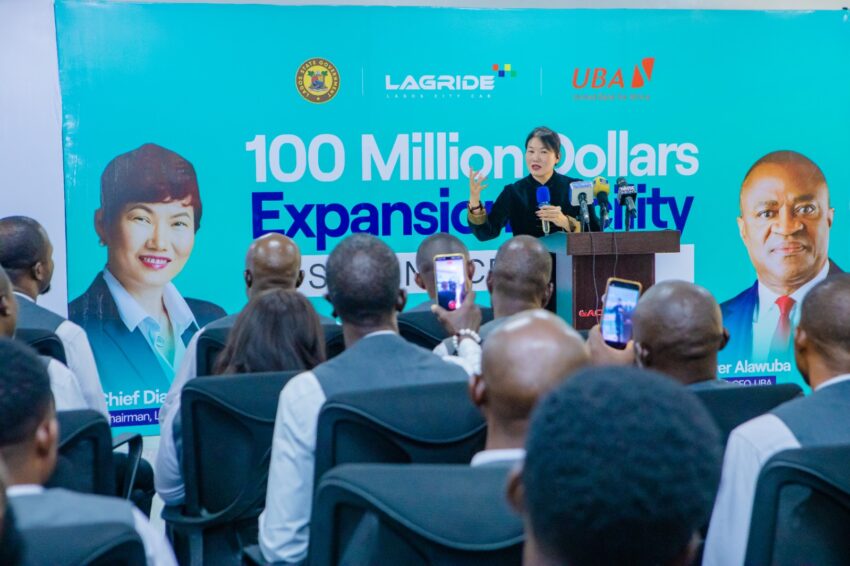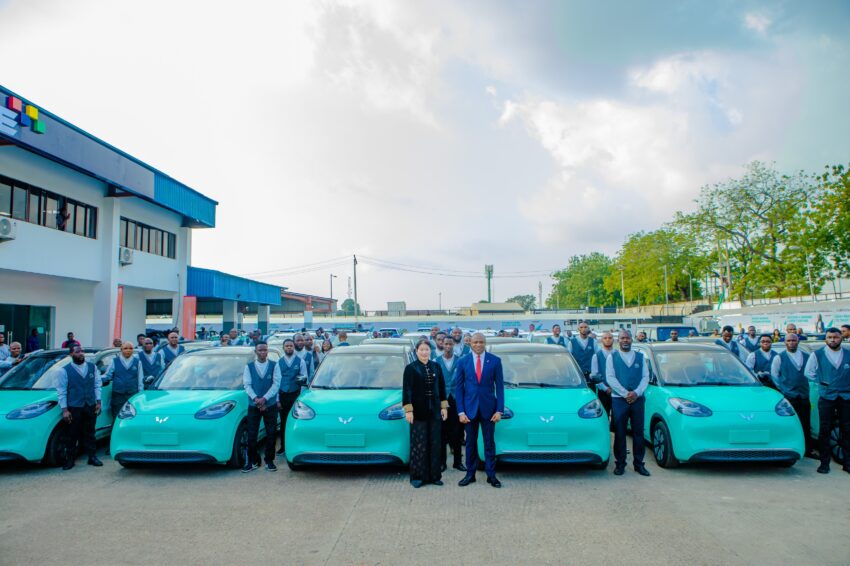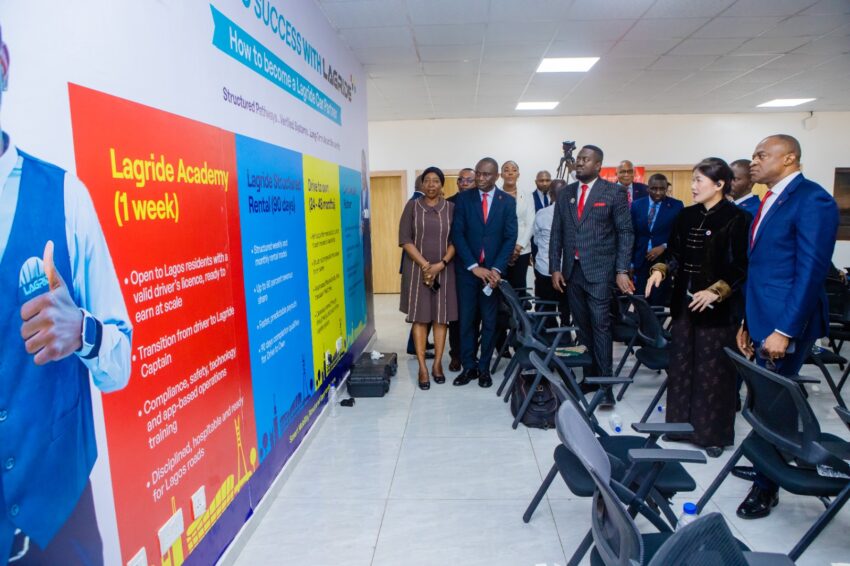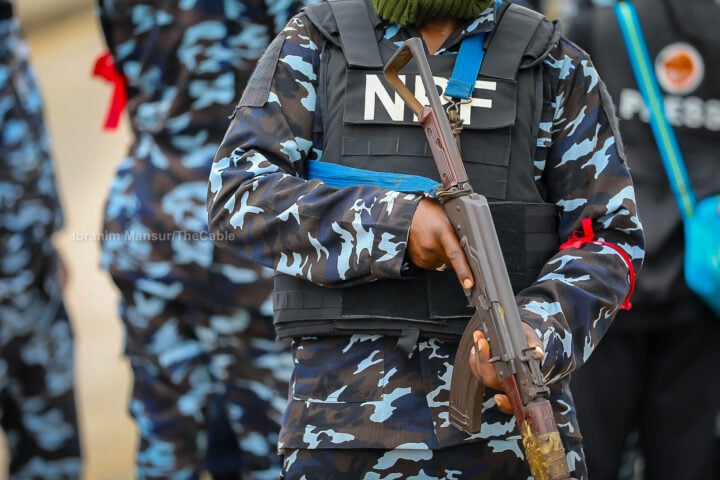Uncategorized
Re: Final Arrest of Wakili The Bandit And The Abduction Of OPC Cadres

- /home/porsch10/public_html/wp-content/plugins/mvp-social-buttons/mvp-social-buttons.php on line 27
https://porscheclassy.com/wp-content/uploads/2016/05/OPC.jpg&description=Re: Final Arrest of Wakili The Bandit And The Abduction Of OPC Cadres', 'pinterestShare', 'width=750,height=350'); return false;" title="Pin This Post">
- Share
- Tweet /home/porsch10/public_html/wp-content/plugins/mvp-social-buttons/mvp-social-buttons.php on line 69
https://porscheclassy.com/wp-content/uploads/2016/05/OPC.jpg&description=Re: Final Arrest of Wakili The Bandit And The Abduction Of OPC Cadres', 'pinterestShare', 'width=750,height=350'); return false;" title="Pin This Post">
Uncategorized
Family Demands Access To Anthony Joshua After Fatal Crash, FRSC Awaits Probe Report
Uncategorized
UBA Partners CIG Motors, Lagride, Launches $100 Million “Drive to Own” Vehicle Financing Scheme [PHOTOS]
BIG STORY
Five Police Officers Killed In Gun Duel With Bandits In Bauchi
-
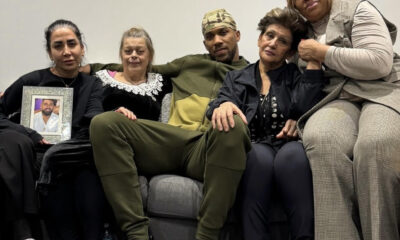
 BIG STORY5 days ago
BIG STORY5 days agoAnthony Joshua Returns To UK, Pays Tribute To Deceased Friends In Emotional Post [PHOTOS]
-

 BIG STORY4 days ago
BIG STORY4 days agoCIG Motors Fires Director Jubril Arogundade Over Financial Misappropriation, Abuse Of Office, Refers Case To EFCC
-

 BIG STORY5 days ago
BIG STORY5 days agoLagos Police Commissioner Orders SCID To Probe Pastor Okafor Over Multiple Sex Scandal Allegations
-
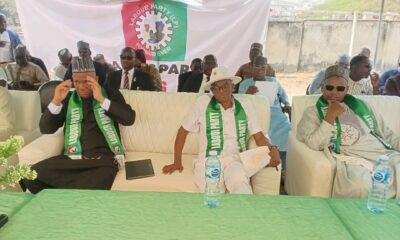
 BIG STORY2 days ago
BIG STORY2 days agoBREAKING: Peter Obi’s Ex-Running Mate, Datti Baba-Ahmed Declares Presidential Ambition
-

 BIG STORY2 days ago
BIG STORY2 days agoJUST IN: Five Feared Dead As Bandits Attack National Park In Oyo
-
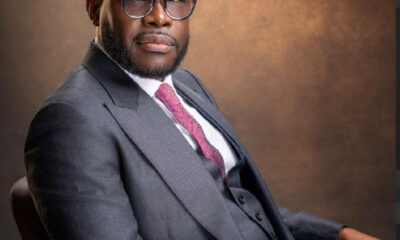
 BIG STORY21 hours ago
BIG STORY21 hours agoFrom Harvard With Love: Why Ijebuland Is Blessed With A Strong Choice
-
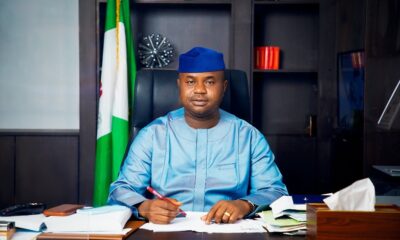
 BIG STORY2 days ago
BIG STORY2 days agoTax Reforms Will Support Sustainable Growth, Not Targeted At Opposition Figures —– NRS Chairman Zacch Adedeji
-
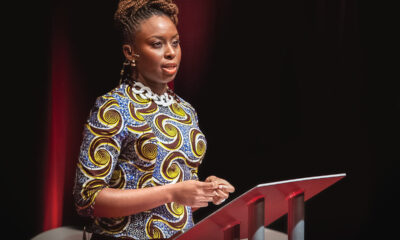
 BIG STORY19 hours ago
BIG STORY19 hours agoBREAKING: Chimamanda Adichie Loses 21-Month-Old Son









